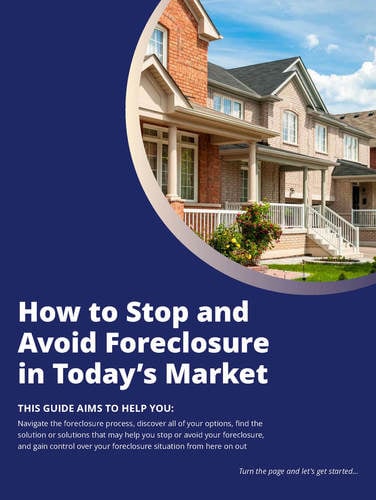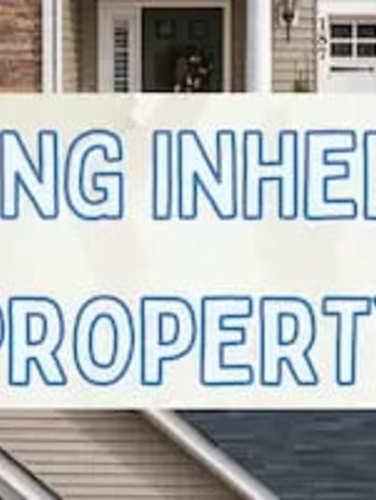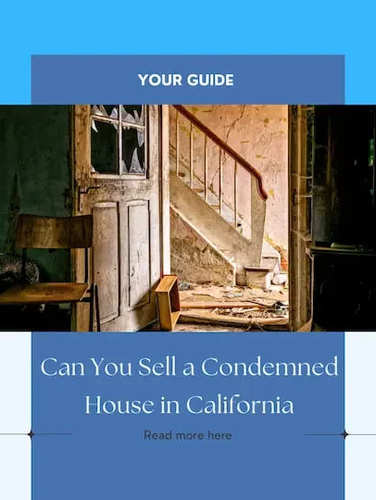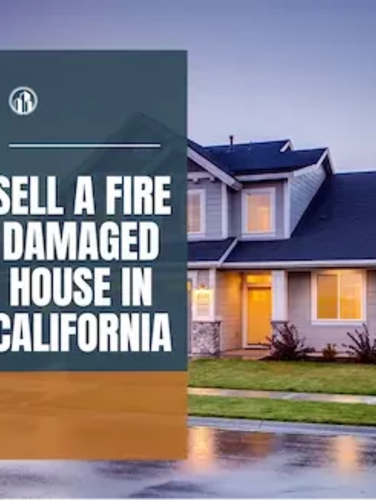Conversion in progress ...
Please wait while we generate your PDF
Stop Foreclosure In California
Table Of Contents
Steps In Stopping Foreclosure
Video Guides On Foreclosure
Frequently Asked Questions
California Homeowner Resources
Step By Step Guide To Stop Foreclosure
Stopping a foreclosure in California requires immediate action! Understanding your rights and options are critical to your success of stoping foreclosure. Here's a step-by-step guide to help you navigate this challenging situation.
Understand Judicial vs Non-Judicial
Non-Judicial Foreclosure: MOST COMMON in California. Basically means courts are not involved. The process typically begins with a Notice of Default (NOD), followed by a Notice of Trustee's Sale if the default isn't cured
Judicial Foreclosure: NOT COMMON in California, this involves court proceedings.
DAY 1: NOD
Notice of Default (NOD) is Recorded. The foreclosure officially begins.
You must be at least 120 days delinquent before this is allowed under federal law.
The NOD informs the borrower of their default and starts the minimum 90-day reinstatement period.
Day 90+: Last Day to Cure Default (Reinstate the Loan)
You have at least 90 days from the date the NOD is recorded to reinstate the loan (i.e., pay back missed payments and fees).
The lender cannot record a Notice of Trustee’s Sale (NOTS) until this 90-day period has expired.
Day 91–105 (or later): Notice of Trustee's Sale (NOTS) is Recorded
Notice of Trustee's Sale (NOTS) is Recorded
Once the 90 days have passed, the lender can file a Notice of Trustee’s Sale.
This notice must be posted at the property and recorded at least 21 days before the auction date.
Day 112+: Property Can Be Sold at Auction
The property can be sold no earlier than 21 days after the NOTS is recorded.
This is the earliest legal auction date, but delays often occur due to postponements or court actions.
First Step To Stop Foreclosure
1. Call Lender ASAP: Reach out to your lender as soon as you anticipate trouble making payments.
2. Discuss Payment Options: Lenders may offer solutions like loan modifications, repayment plans, or forbearance
Explore Lender Options For Loss Mitigation Options
1. Loan Modification: Adjusting the terms of your loan to make payments more affordable.
2. Repayment Plan: Agreeing to pay back missed payments over time.
3. Forbearance: Temporarily reducing or pausing payments.
4. Short Sale: Selling your home for less than the mortgage balance with lender approval.
5. Deed in Lieu of Foreclosure: Voluntarily transferring ownership to the lender to avoid foreclosure.
Reinstate Your Loan
Timeframe: You have up to five business days before the foreclosure sale to reinstate your loan by paying the default amount plus fees.
Use Bankruptcy As a Tool
Delay Foreclosure: Filing for bankruptcy can temporarily halt foreclosure proceedings.
Chapter 13: Gives you an opportunity to reorganize debts and catch up on missed payments over time.
Consult an Attorney: Check all your options, discuss consequences of Bankruptcy and timelines to make sure its the proper route.
Seek Legal and Housing Counseling Assistance
HUD-Approved Counselors: Offer free or low-cost advice on avoiding foreclosure.
Legal Aid: Provides assistance if you believe your lender has violated foreclosure laws.
California Courts Self-Help: Provides resources, advice and guidance for homeowners.
Educate Yourself With The Homeowner Bill of Rights
Dual Tracking Of Foreclosure Prohibition: Lenders cannot proceed with foreclosure while a loan modification application is pending.
Single Direct Contact: Lenders must provide a consistent contact person for borrowers.
Ability to Appeal: You can appeal a loan modification denial.
Know The Resources Available To You
HUD Housing Counselors: Call 1-800-569-4287 or visit HUD.gov for assistance.
California Courts Self-Help: Access resources at selfhelp.courts.ca.gov.
Legal Aid: Contact local legal aid organizations for support
Ca Mortgage Relief Program: Eligible homeowners can receive grants to help cover past-due mortgage payments, missed property taxes, partial claims/loan deferrals, reverse mortgages, and PACE loans. https://camortgagerelief.org/
















